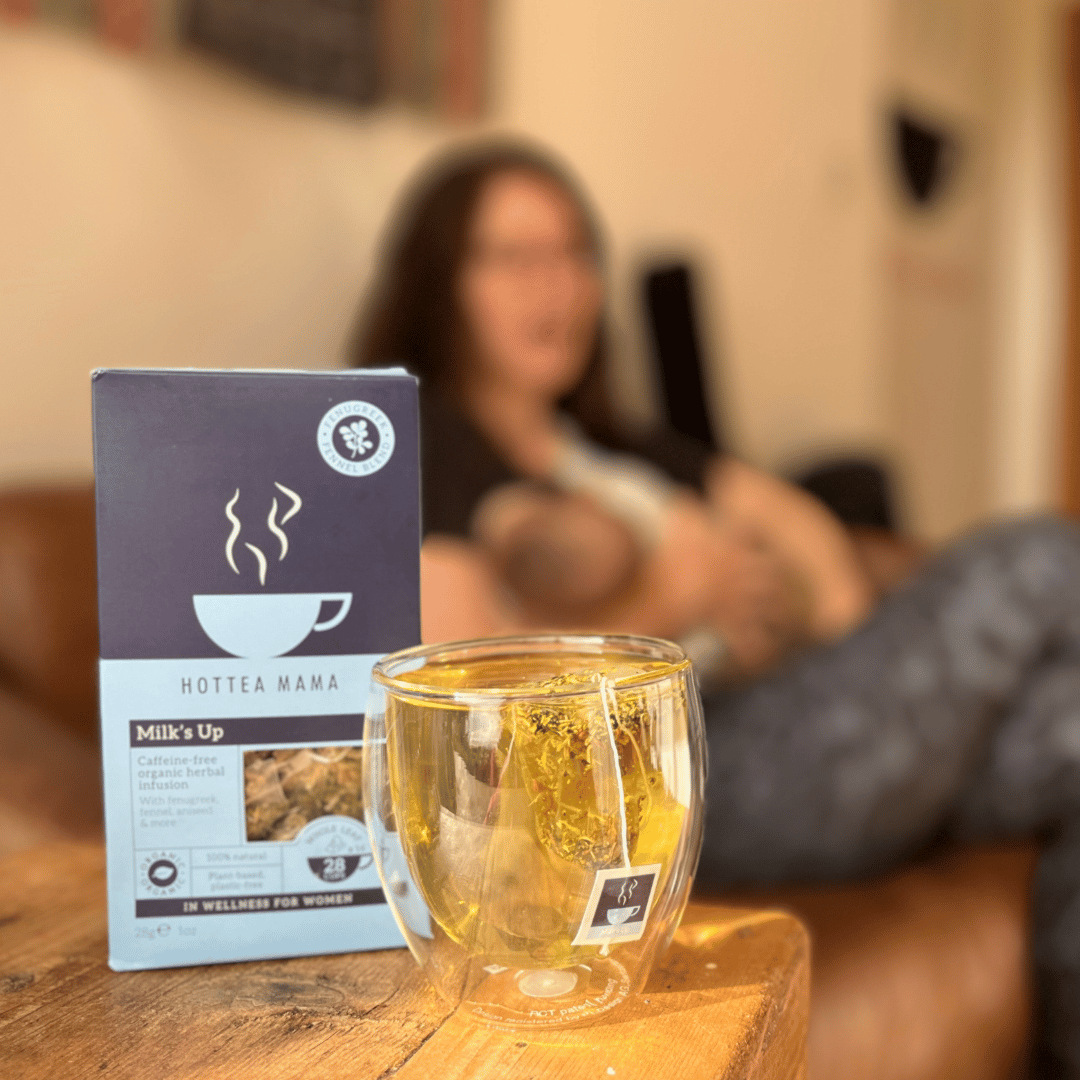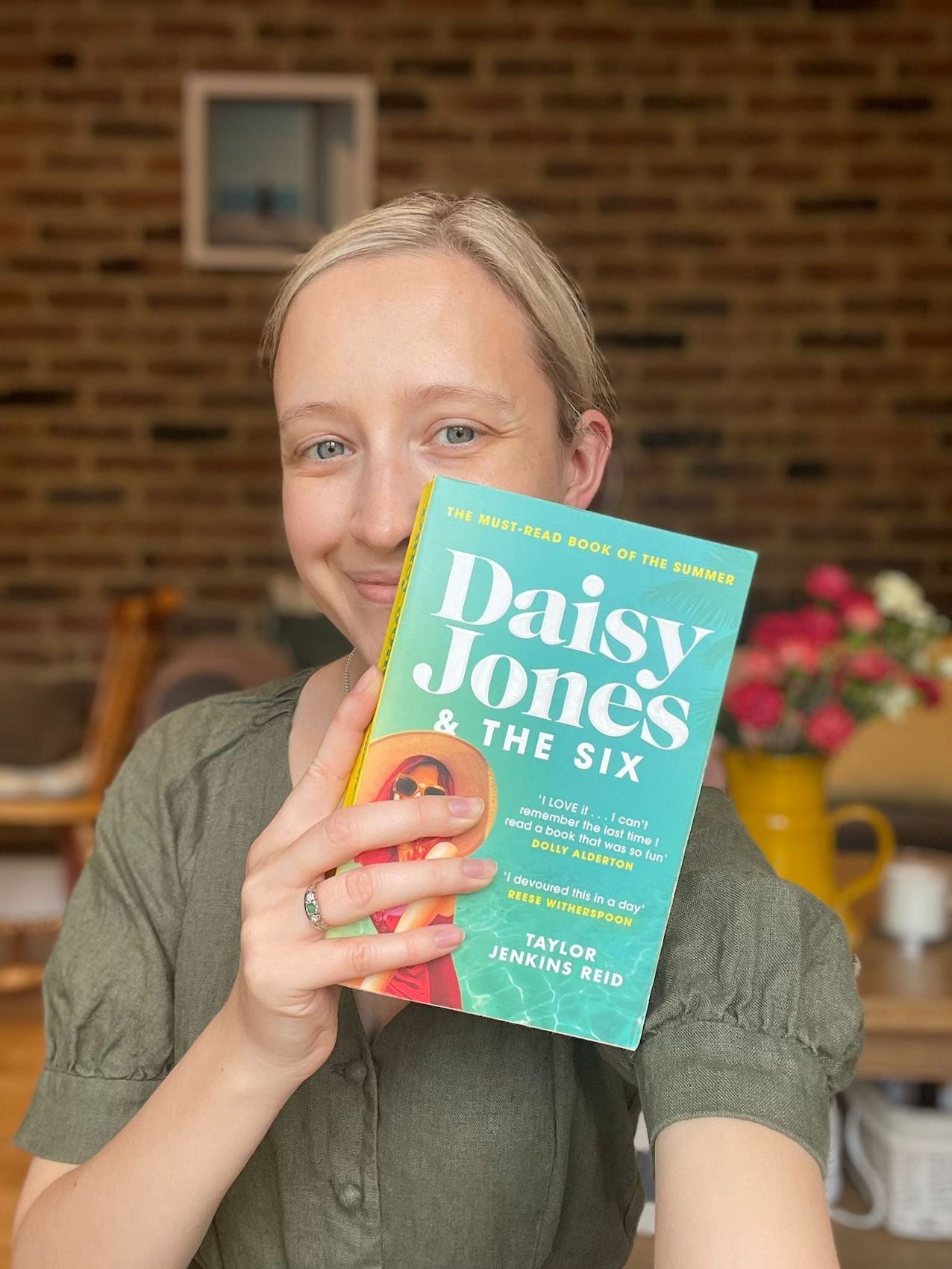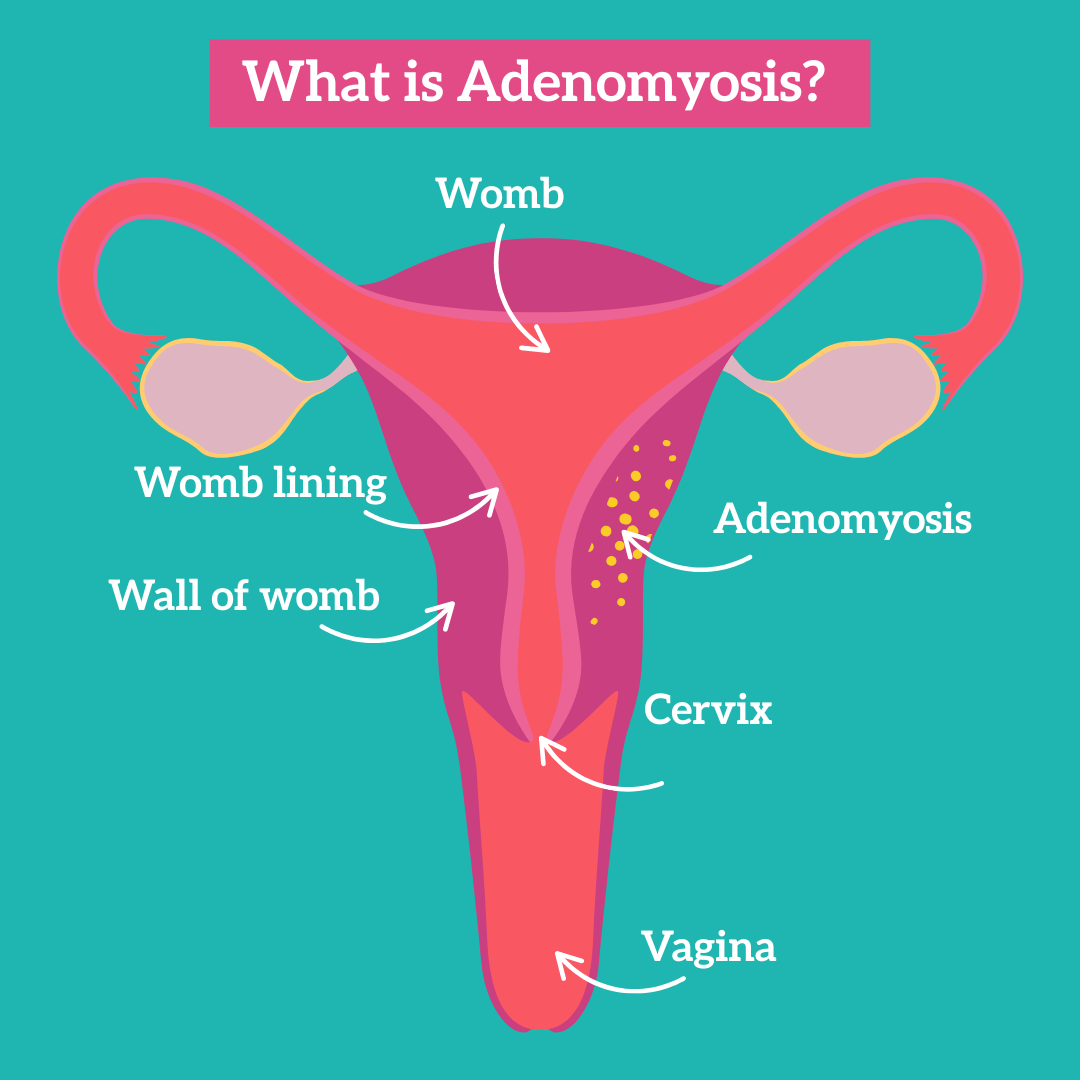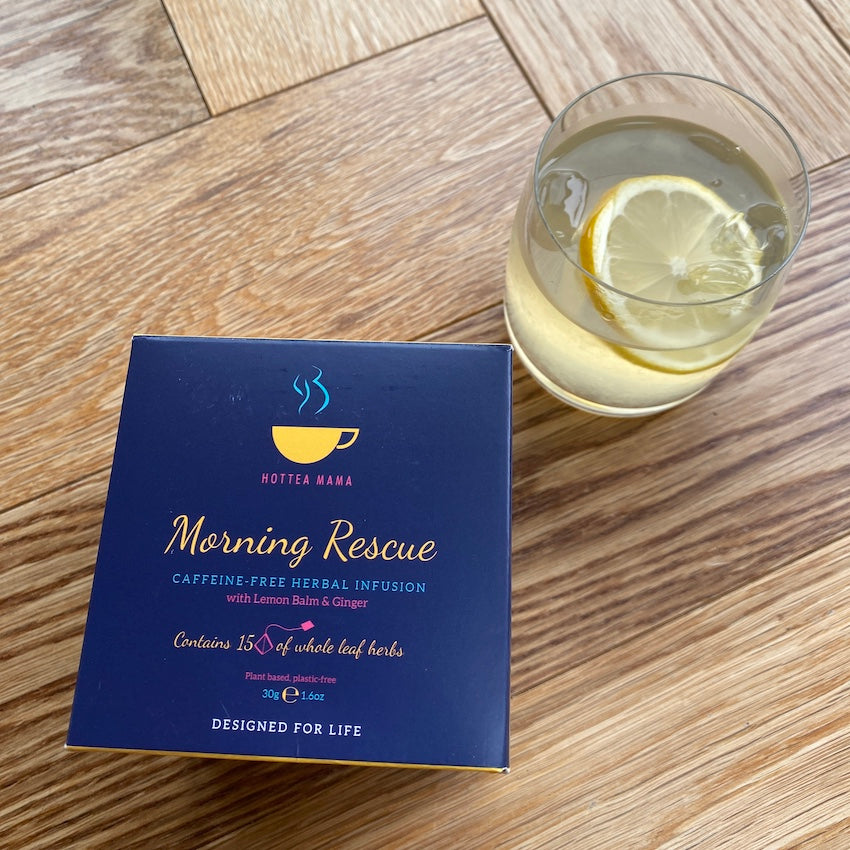Why do I feel thirsty when I breastfeed?

When you breastfeed, you are literally turning water into milk, and it is very easy to become dehydrated. This is why you can often feel intensely thirsty after a feed.
Oxytocin is also released when breastfeeding, and this can make you both sleepy and thirsty - your body's natural way of encouraging you to look after yourself when your baby feeds to sleep!
Breast milk composition
Breast milk is 90% water, and by the time their baby is 6 months old, the average breastfeeding mum will produce c. 750 ml of breast milk per day. This is additional water that your body is losing, on top of your own body's water usage. So you need to be drinking enough to hydrate both your little one and yourself.
Experts recommend 12-13 glasses of water a day when nursing
A total of just over 3 litres of water. It may seem like a lot, but when you think you're keeping you and your baby hydrated, it really isn't.
There is no link in research to hydration levels impacting milk supply - but instead, if you don't drink enough, your baby will be fine, but you will become dehydrated. This can affect your concentration and make you feel quite unwell.
Everyone's perfect water intake will vary slightly - depending on your weight and natural, so it's important to keep an eye on some of the common signs of dehydration...
- feeling thirsty
- headaches
- dry skin
- dry mouth and lips
- dark urine
- muscle cramps
You can stay hydrated by drinking things that aren't purely water.
Fruit and Herbal Teas
Totally caffeine free, these can give you flavour as well as optimum hydration. Our Milk's Up breastfeeding tea is the perfect lactation companion
Eat fruit
Oranges are 86% water, watermelon is 90% water! So eating fruit can help top up your hydration levels.
Drinks to Avoid When Breastfeeding
Sugary and Fruit Drinks
Drinks that are high in sugar can actually reduce the amount of fluid that you body retains after you drink. And a can of pop can have as much as 10 teaspoons of sugar in it.
If you really crave sweetness then you could add fruit and berries to your water, or try our Get Up & Glow tea. This uses grapes as it's base, but is incredibly low sugar despite being sweet.
Caffeinated Drinks
Caffeine is dehydrating, and whilst when you have a coffee or traditional tea, it will still give you some water - it will be less than if you had a herbal tea or glass of water.
Caffeine can also transfer into your breastmilk and affect your baby. So it's best to stick to the same limit as in pregnancy - 200mg per day. Don't be too hard on yourself, but do check against Tommy's caffeine calculator and ensure you're within the recommended limit.
Alcohol
Like caffeine, this can pass into your breastmilk, so whilst you don't need to cut it out completely, you do need to be careful not to have too much. It will also reduce your letdown reflex in large quantities.
If you're in the mood for a cocktail, try one of our tea mocktails which can hit the spot but are caffeine and alcohol free.
Teas to support breastfeeding & hydration





Comments